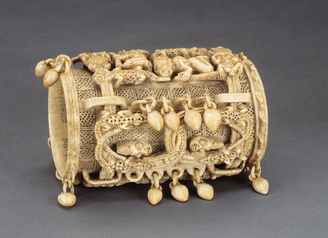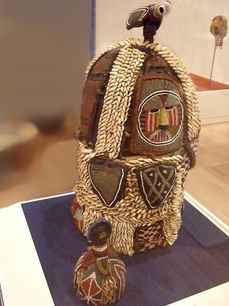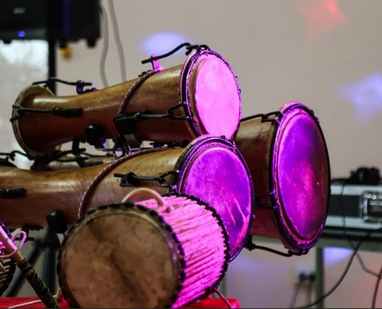
support@yorubalibrary.com
+2348073529208, 07038599574

Among the many respected lineages in Yorubaland, the Aresa family stands out as a house of honor, traditions, and unbroken heritage. To the Yoruba people, families like Aresa are not just bloodlines—they are living institutions with stories, titles, and customs that have been carefully guarded for centuries. The name “Aresa” is tied to both history and authority, often spoken with reverence in towns where the title holds weight.
For those who belong to this lineage, carrying the Aresa name is not a small matter—it is a mark of identity, respect, and responsibility. And for outsiders, learning about families like Aresa is one way to understand how Yoruba culture passes wisdom from one generation to the next.
Origins of the Aresa Lineage
The roots of the Aresa family can be traced to ancient Yoruba towns, where their ancestors established themselves as people of influence and authority. Their heritage is tied to unique roles. While not every detail of their beginning is openly shared, it is clear that the Aresa played a significant role in shaping the identity of their people.
If you are interested in knowing specific details about the founding ancestor of the Aresa family, kindly share your thoughts in the comment section about why this topic interests you, and the information will be provided directly.
The Title of Aresa and Its Cultural Role
Titles in Yorubaland carry weight, and the Aresa is no exception. This title is often associated with spiritual guardianship. Holders of the Aresa title are not just symbolic figures but serve as custodians of Yoruba values and traditions.
Through ceremonies, decisions, and the keeping of customs, the Aresa remains a bridge between the past and the present, reminding descendants of the responsibilities tied to their ancestry.
Oríkì of the Aresa Family
The Oríkì of Aresa is one of the richest aspects of their identity. Oríkì in Yoruba culture is more than praise—it is power, memory, and connection. For the Aresa family, their Oríkì carries the voice of their forebears, reminding each generation of their strengths, victories, and honor. Below is the most authentic version of Aresa Eulogies.
Aresa Ajeje,
Ọmọ Okun Oye,
Ọmọ Ọba Tinjepo,
Ọmọ Ọba Tinjoyin,
Ede Odi Mọjalekan,
Seweola Elegbaa
Ope Feni Sepo Ni Nbi Resa Ninu,
Bosile Obepo Niya Mondelara,
Ọmọ Bẹṣin Baku,
Wọn Agbori Ẹṣin Bo,
Bẹẹ Iru Ẹṣin Lorisa Iresa,
Arẹsa Dudu Lẹgbọn Pupa Laburo,
Bariọla Ọba Tingboba Rin Genge.
Taboos (Èèwò) of the Aresa Lineage
Every Yoruba family is known for certain prohibitions (èèwò) that guide their spiritual and cultural life. For the Aresa family, some of these taboos are strongly observed up till today.
To learn more about the specific èèwò attached to the Aresa family, kindly drop a comment explaining why the Aresa family interests you. This helps us keep such knowledge within those who truly value it, while still preserving the lineage’s dignity.
The Significance of Oríkì in Yoruba Culture
Why is Oríkì so important that no Yoruba family can be complete without it? The answer is simple: Oríkì is the living memory of a people. It brings alive the achievements of the past and ties them to the identity of today.
When an Aresa descendant hears their Oríkì, it does more than excite them; it strengthens them. It reminds them of who they are, where they come from, and the power that runs through their bloodline. Without Oríkì, much of Yoruba ancestral knowledge would have been forgotten.
Unique Facts About the Aresa Family
• Certain sacred practices are linked to the Aresa family, and details of these practices are best reserved for those who show genuine interest through engagement.
If you would like to know more about these unique sacred practices of the Aresa lineage, kindly comment below.
Conclusion
The Aresa family is a living reminder of Yoruba heritage—rooted in history, strengthened by Oríkì, and safeguarded by ancestral taboos.
Need more? Browse through our Oriki Gallery today, at zero cost.

Learn about the Ajero family in Yoruba land—their …

Complete insight about the Alara family in Yoruba …